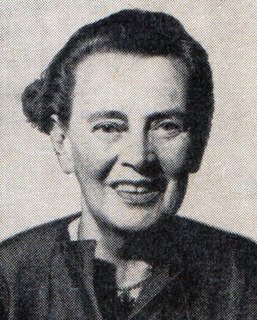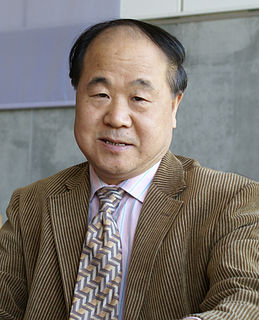A Quote by Jacques-Benigne Bossuet
Readiness for death is that of character, rather than of occupation. It is right living which prepares for safe or even joyous dying. - Jacques
Related Quotes
When one existentially awakens from within, the relation of birth-and-death is not seen as a sequential change from the former to the latter. Rather, living as it is, is no more than dying, and at the same time there is no living separate from dying. This means that life itself is death and death itself is life. That is, we do not shift sequentially from birth to death, but undergo living-dying in each and every moment.
There is no single best kind of death. A good death is one that is "appropriate" for that person. It is a death in which the hand of the way of dying slips easily into the glove of the act itself. It is in character, ego-syntonic. It, the death, fits the person. It is a death that one might choose if it were realistically possible for one to choose one's own death.
If things do not exist as fixed, independent entities, then how can they die? Our notion of death as the sudden expiration of that which was once so real starts to unwind. If things do not exist in their own right and are flickering rather than static, then we can no longer fear their ultimate demise. We may fear their instability, or their emptiness, but the looming threat of death starts to seem absurd. Things are constantly dying, we find. Or rather, they are constantly in flux, arising and passing away with each moment of consciousness.
Facing death calmly is praiseworthy only if one faces it alone. Death together is no longer death, even for unbelievers. The source of sorrows lies not in leaving life, but in leaving that which gives it meaning. When love is our whole life, what difference is there between living together and dying together ?
But we are not interested in death at all: rather, we escape the facts, we are continuously escaping the facts. Death is there, and every moment we are dying. Death is not something far away, it is here and now: we are dying. But while we are dying we go on being concerned about life. This concern with life, this over concern with life, is just an escape, just a fear. Death is there, deep inside - growing.
The death of a dear friend, wife, brother, lover, which seemed nothing but privation, somewhat later assumes the aspect of a guide or genius; for it commonly operates revolutions in our way of life, terminates an epoch of infancy or of youth which was waiting to be closed, breaks up a wonted occupation, or a household, or style of living, and allows the formation of new ones more friendly to the growth of character.
Are not the thoughts of the dying often turned towards the practical, painful, obscure, visceral aspect, towards the "seamy side" of death which is, as it happens, the side that death actually presents to them and forces them to feel, and which far more closely resembles a crushing burden, a difficulty in breathing, a destroying thirst, than the abstract idea to which we are accustomed to give the name of Death?
































